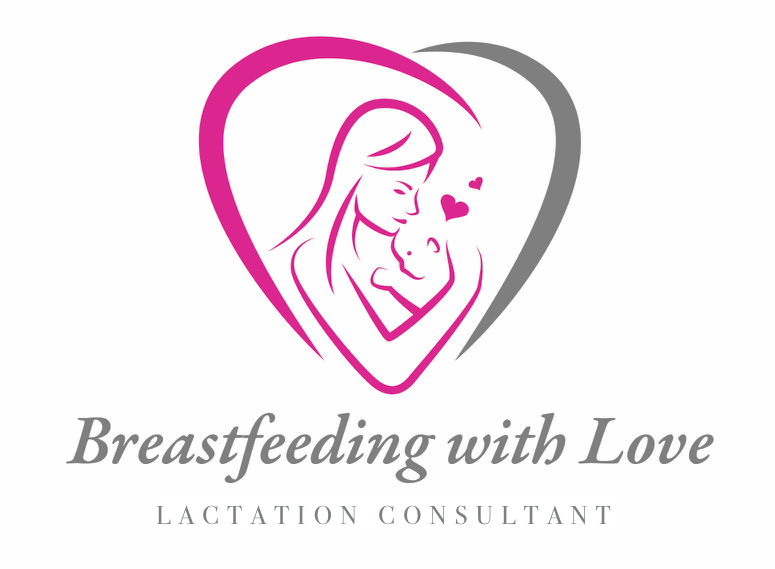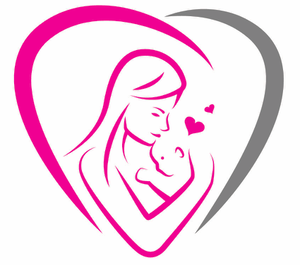Breast milk and Embryonic Stem Cell Therapy Trials
Becoming a parent is one of the life's biggest joys and challenges. When a mom makes a decision to breastfeed, she is providing her child with the best possible nutrition for growth and development in the first few months of her baby's life. Furthermore, breast milk contains biological as well as physiological components necessary for strengthening the developing immune system. In fact, the American Academy of Pediatrics recommends that mothers should breastfeed their baby for at least the first year of life and the first six months of life should be exclusive breastfeeding. Breast milk is so incredible that researchers have now found that breast milk contains stem cells that can one day help people who suffer from all kinds of illnesses, including Alzheimer, diabetes, blindness, as well as cancers and many others illnesses, according to scientists.In fact, breast milk contains large numbers of embryonic-like stem cells. Scientists working with breast milk may help discover ways to use stem cells for regenerative medicine without destroying embryos. In fact, embryonic stem cells can produce cells for all most any type of tissue, unlike adult stem cells which are specific for certain cell types such as skin and blood. Furthermore, breast milk is packed with living antibodies and the ideal blend of fat, protein, carbohydrates and minerals. Therefore, it has uses that go way beyond its nutritional value. Embryonic stem cell trials are now being conducted all over the world. London's Moorfield Eye Hospital is testing embryonic stem cells for curing blindness. At the University of Western Australia, under the guidance of Dr. Peter Hartman, Dr. Hassiotou is conducting research and has found evidence that stem cells contain three embryonic gum layers, endoderm, mesoderm and ectoderm with a prerequisite for true embryonic cells. Dr. Hassiotov has gone further by saying that, " they can become bone cells, joint cells, fat cells, pancreatic cells that produce their own insulin, liver cells that produce albumin and also neuronal cells." Dr. Hassiotou says that breast milk can be obtained ethically with no major ethical problems. Breast milk is plentiful as well. Hartman's other lab team member, Dr. Mark Cregan, sees all these findings as a stepping stone to new and undiscovered benefits of breast milk. Cregan says that " we already know how breast milk provides for the baby's nutritional needs, but we are only just beginning to understand that it probably performs many other functions." He is eagerly awaiting for the next few years to see amazing results from all the research around the world as well as their own research on this subject.In conclusion, breast milk may offer a new and exciting opportunity for stem cell therapy. Stem cell therapy is the therapy of the future. It holds great promise for helping people who suffer from all kinds of illnesses. In our lifetime, I hope that we will be able to see people being helped by this breast milk study because breast milk has such great nutritional as well as potentially life-saving benefits. Researchers must continue to understand the components in breast milk and help treat people with illnesses.I hope more financial funding will be given so everyone working on breast milk and embryonic cell therapy can help so many people feel better and be cured of their illnesses.

